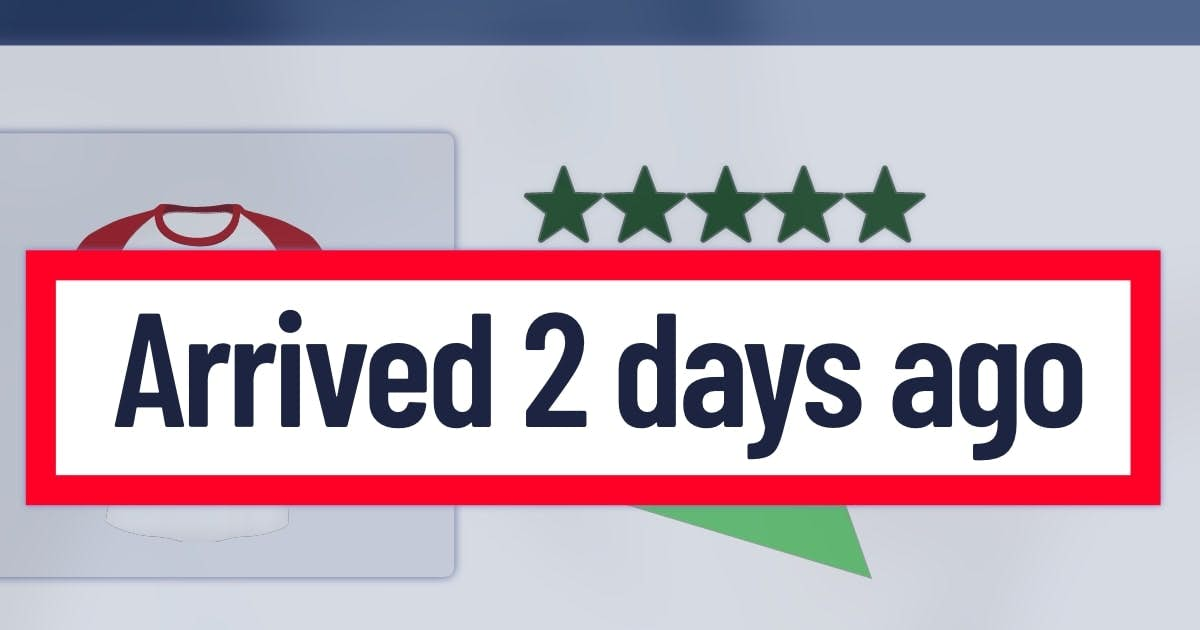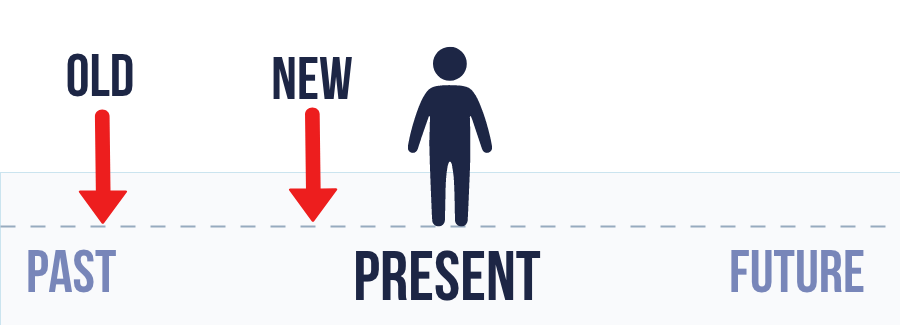Ecommerce
Tactic
Reframe Products to Be Chronologically Newer
People like new stuff merely because it's new.

Overview
There's a recent finding called the mere newness preference (Jie & Li, 2022).
How does it work?
Well, I just called it a “recent” finding. Based on this mere newness, you think the study is more important. Even though it could be garbage.
Researchers argue that it stems from evolution:
“Over millennia of evolution, humans have developed a taste for fresh foods due to their greater nutrition content and disgust toward decaying foods due to their possibility for illness.” (Jie & Li, 2022, p. 2)
I suspect that it's also proximity: Since you live in the present, new products feel subconsciously closer to you:

A study from 20 years ago might seem boring, while a new study – even if it were the same finding – would seem relevant and impactful because it’s closer to you.
Practical Techniques:
- Choose the Most Recent Framing. Whether it's the production date, release date, purchase date, etc.
- Indicate When Products Are New. Customers want fresh cars at a dealership over identical cars that have been sitting on the lot, even if nobody has driven them.
- Mention New Arrivals. Products seem more appealing if customers know they arrived in a recent shipment.
- Offer Limited Editions. These products are inherently new.
- Highlight Product Updates. This knowledge numbs the pain from rising prices
- Reframe Scarcity. Mentioning scarcity (e.g., “only 2 left”) could backfire if these products are viewed as the oldest units in a batch. Try the opposite (“newly arrived 2 days ago”). Instead of motivating customers to buy leftover options that nobody wanted, motivate them to buy fresh options that won’t stay fresh much longer.
It works outside of ecommerce too:

- Jie, Y., & Li, Y. (2022). Chronological cues and consumers’ preference for mere newness. Journal of Retailing, 98(3), 527-541.
